IoT; or the “Internet of Things,” has become a household name; from smart speakers that play your favorite music to tiny cameras that let you watch your dog while you’re at work. It’s all about convenience, right? But while we’re enjoying the ease of living in a connected world, we might be ignoring the digital boogeyman hiding in our smart devices.
The very things designed to make our lives better could be creating an open door for bad actors. So lets peel back the layers and talk about why that new smart fridge is probably a security risk.
Our discussion on this topic got straight to the point: IoT devices are a big security risk. A lot of this comes down to weak security by default, with many devices using easily guessable passwords or outdated encryption.
Think about it; that new smart camera you just got likely came out of the box with “admin” as the password. This is not a conspiracy theory, its a fact. This isn’t just about a hacker watching your living room; it’s about them using that cheap camera as a foothold to access your entire network.
We also talked about how these devices; even the simple ones, are constantly collecting data. Your smart TV, for example, is probably tracking everything you watch and sharing that info with third-party companies you’ve never even heard of. It’s no longer about what you share online; its about what your things are sharing for you.
So, how do we push back against this? Two major points from our conversation stand out: network segmentation and DNS filtering. Putting all your smart devices on a separate network segment is like creating a quarantine zone. If one device gets sick, it can’t infect your main network where your personal computer and phone live.
It’s a fundamental security practice that sounds complicated but really isn’t. We also talked about how a Pi-hole can act as a digital bodyguard; blocking your smart devices from reporting back to data-hungry servers. It’s not a silver bullet, but it’s a solid defense that gives you more control over your own data.
Ultimately, the goal isn’t to ditch every smart device we own. It’s about being more intentional with how we use them.
We need to stop blindly trusting these companies and start asking questions. What data is this thing collecting? Is it truly secure? Are we willing to sacrifice our privacy and security for the sake of convenience?
The burden of security shouldn’t just be on us; but until it becomes a priority for the people making these products; we need to take control of our own digital lives.

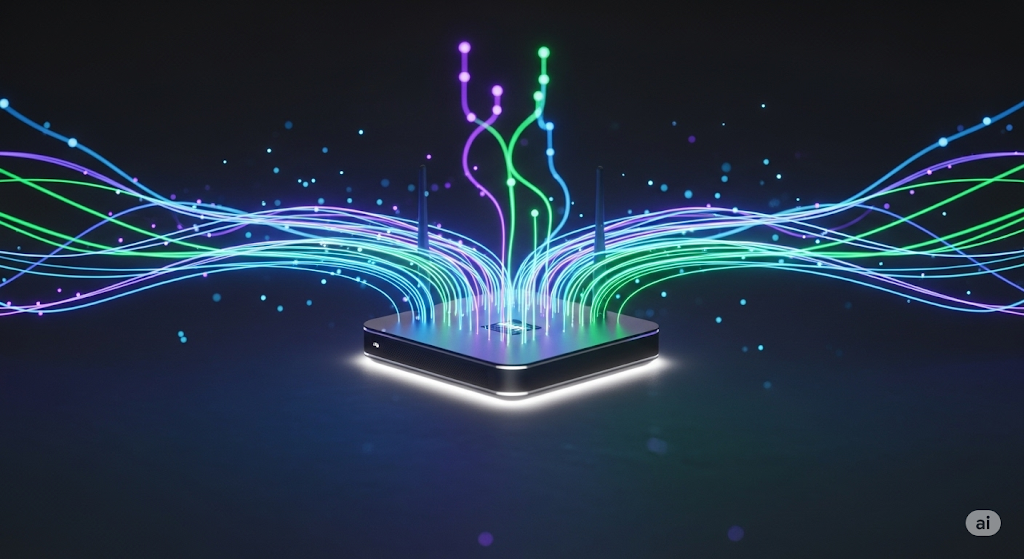

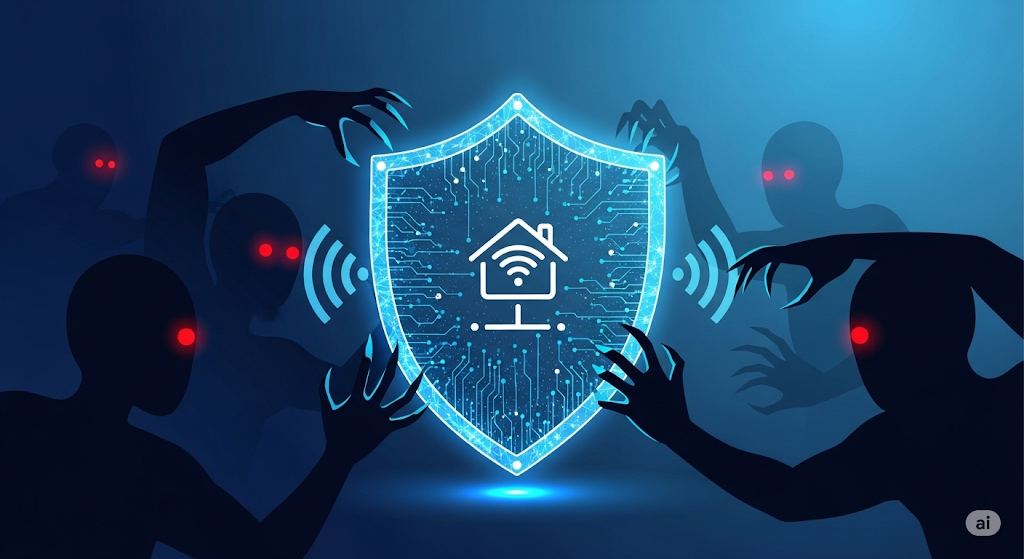





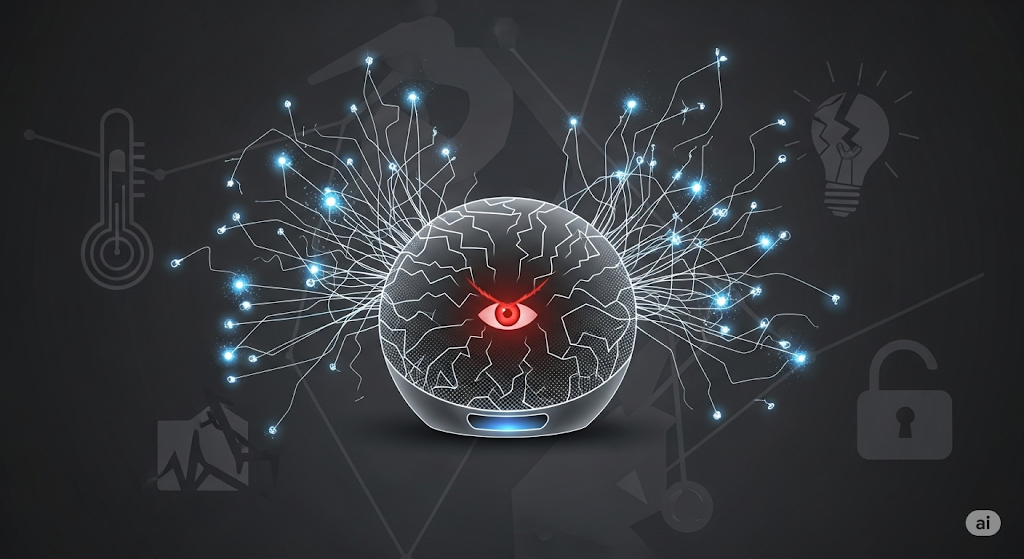
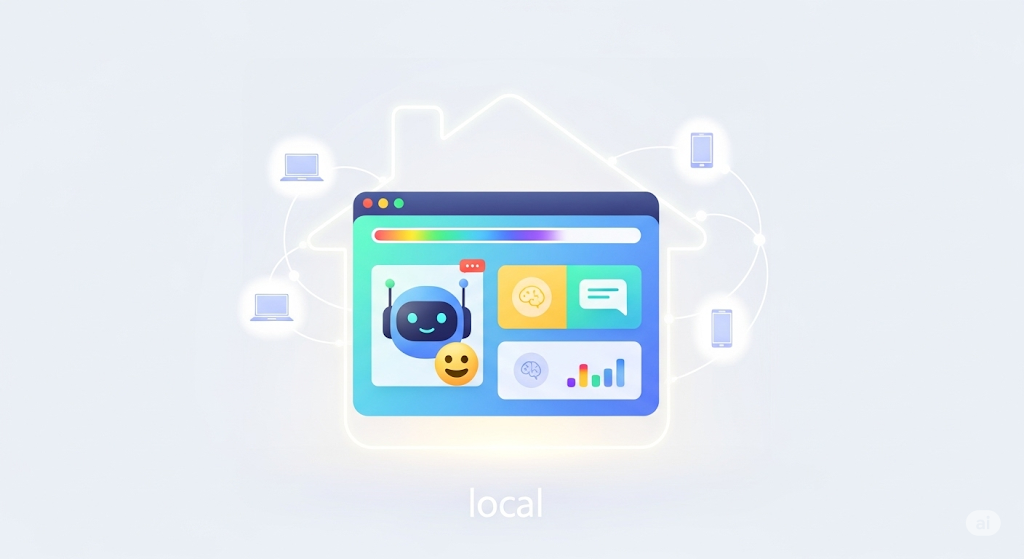
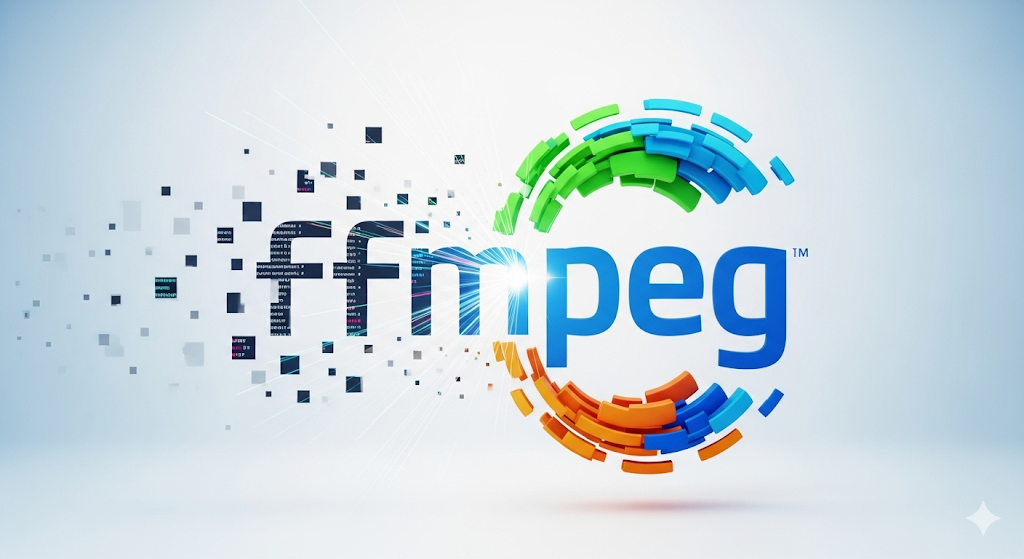

Leave a Reply